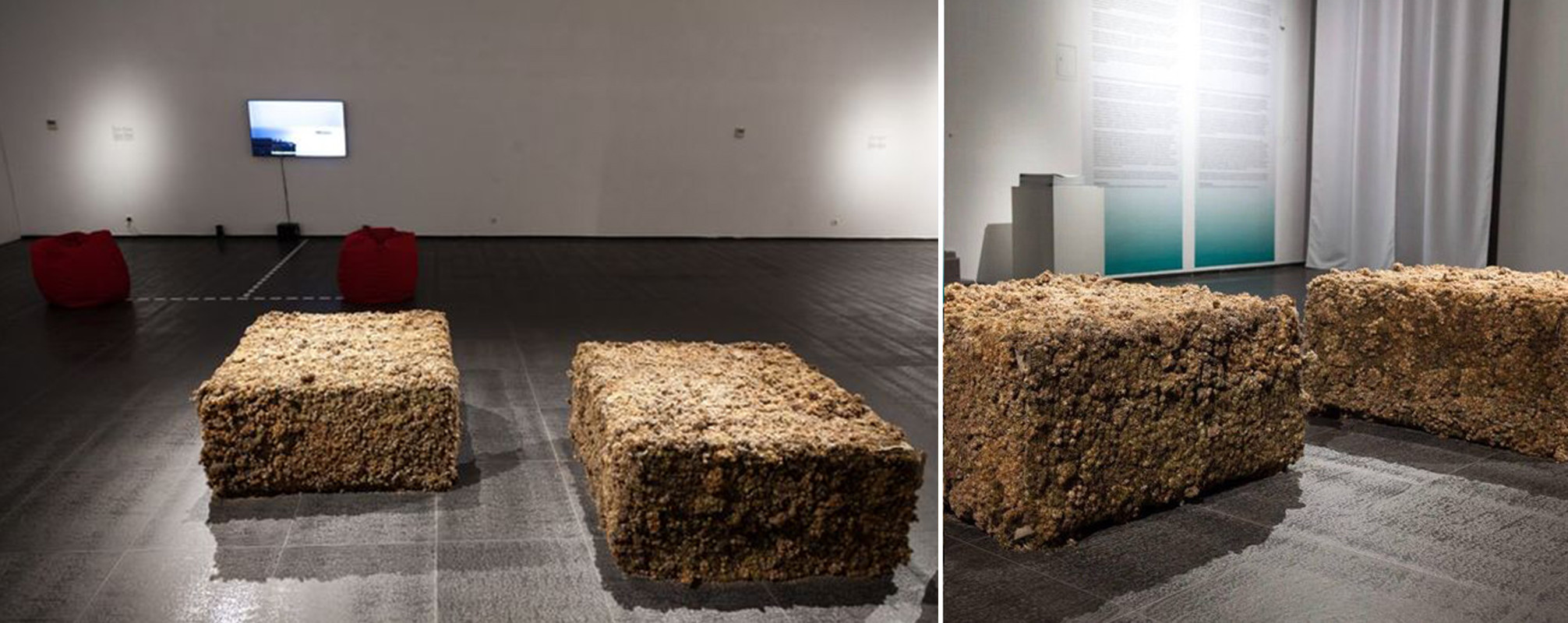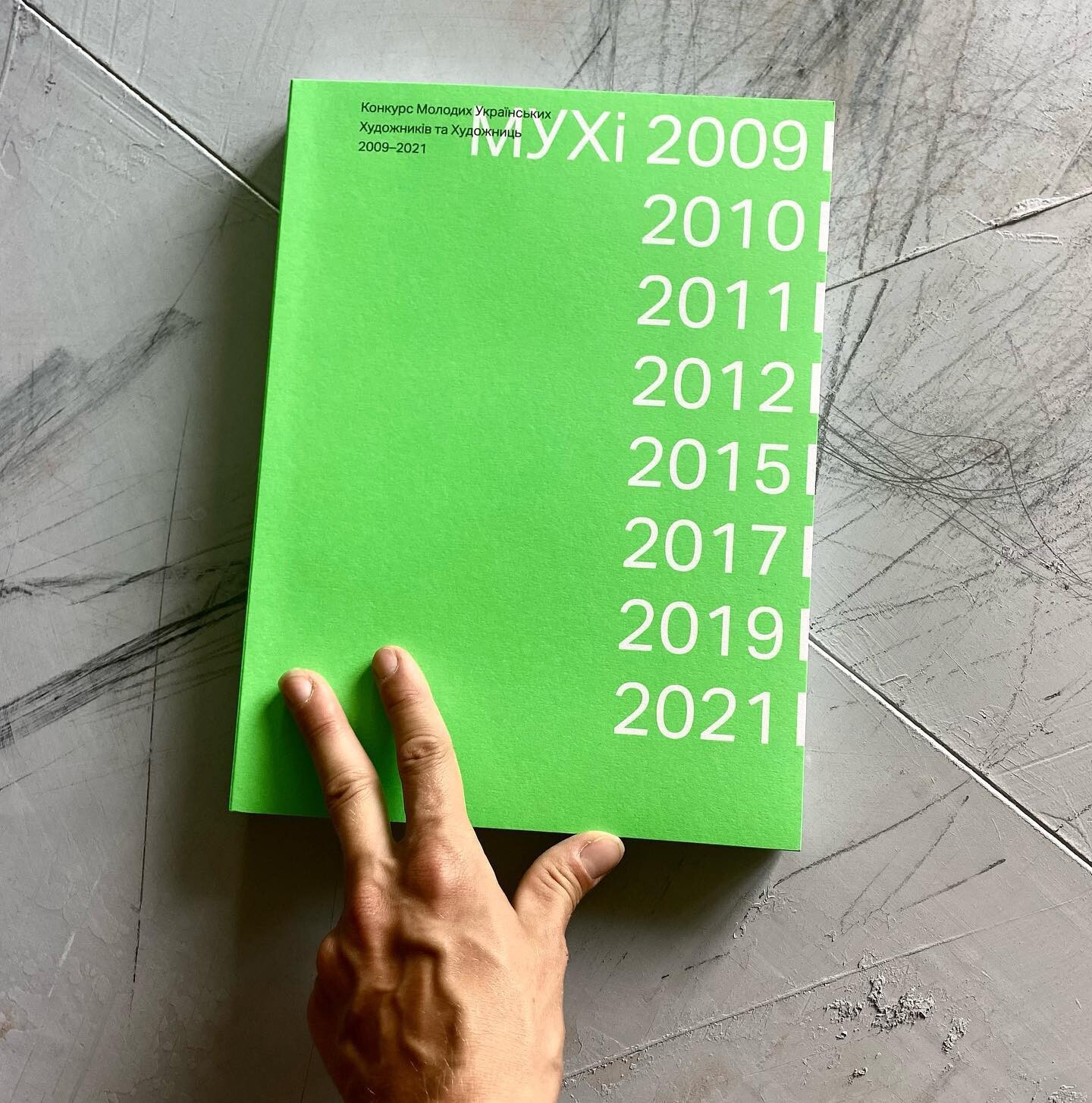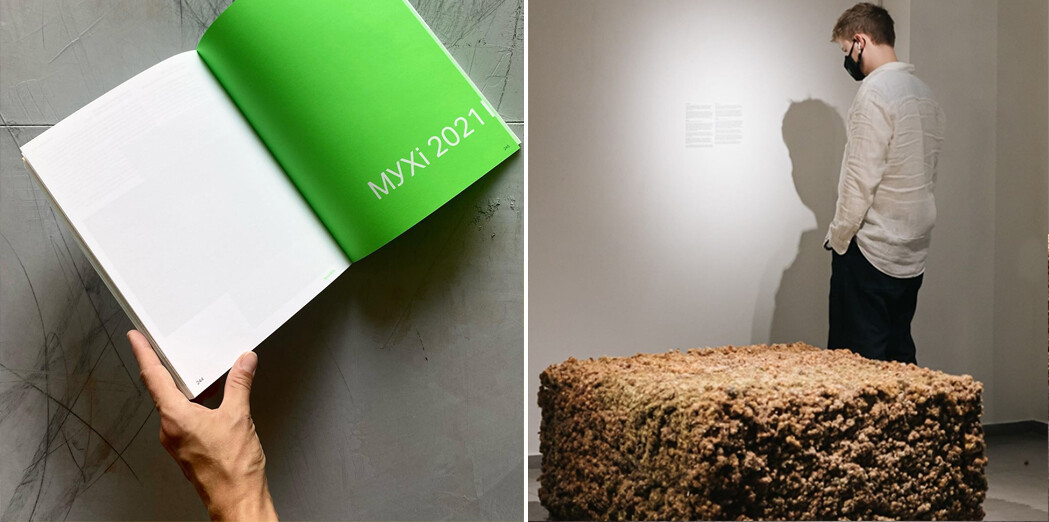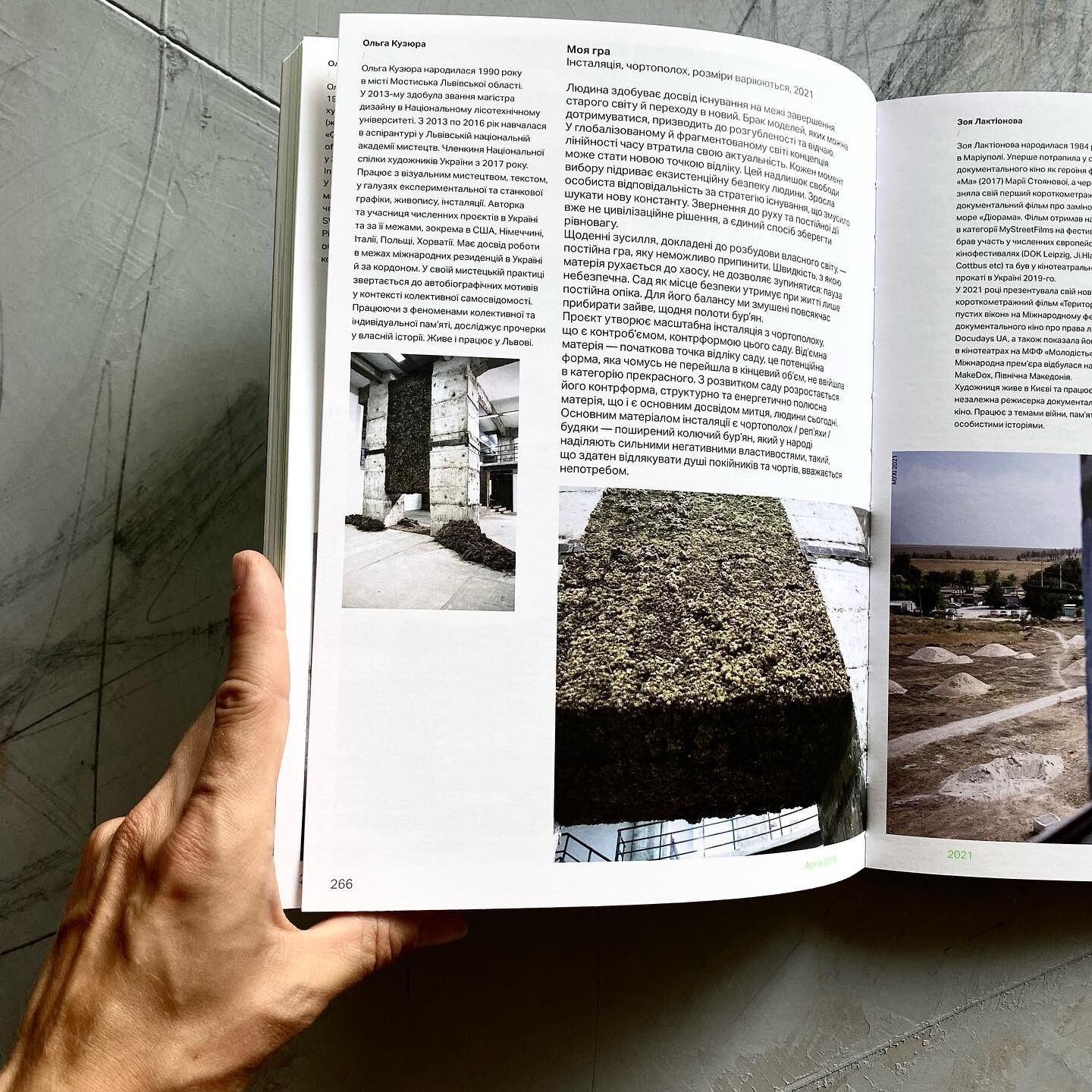2019
Installation
Material: thistle
The project was created for the Second Biennial of Young Art in Kharkiv in 2019. The work was a response to the festival's concept "It seems like I'm entering our garden".
Curators of the biennial: Daryna Skrynnyk-Myska, Anastasia Yevseeva, Borys Filonenko.
From early childhood, Olha and her sister spent a lot of time helping their parents in the garden. They used to make toys from any materials they found: their favorites were characters made of burrs stuck together. The most popular characters were teddy bears as they were the easiest to create. The idea for the project "My Game" arose as the artist's response to the concept of the Biennial. It is both the story about her first experiences of being creative and interacting with nature, and also her first experiences of conscious childish cruelty. When as a child she was tired of playing, she used to stick the thistle teddy bear in her sister’s hair, to torment her and attract the parents’ attention. The cute and harmless burrs became a sourse of pain and discomfort. A kind of early childhood disappointment: a mismatch of visual and tactile experience.
Through the childhood imagery, Olha Kuzyura attemps an analysis of the concept. The children were not allowed to plant or take care of plants in the garden - the only allowed form of care was weeding, remowing that which was excessive. This resonates with her view of creativity in that we do not actually create anything: a person engaged in a creative act does not approach the end result, they only tackle the irritant. Therefore, a garden, as a creation of beauty, intricacy, and perfection, is the result of removing the excess. In her project, Olha recognizes the value of counter-form, a negative shape that needs to be removed, in order to let the Form develop. An artist’s task is to remove the unnecessary context and excessive noice, and instead, in the proper context, in a certain time and space, identity a specific problem or connection. In this "Game", the prickly burr symbolizes the redundant noise that needs to be removed.
The object was exhibited at one of the main locations of the festival, YermilovCenter, from September 17 to October 31, 2019.
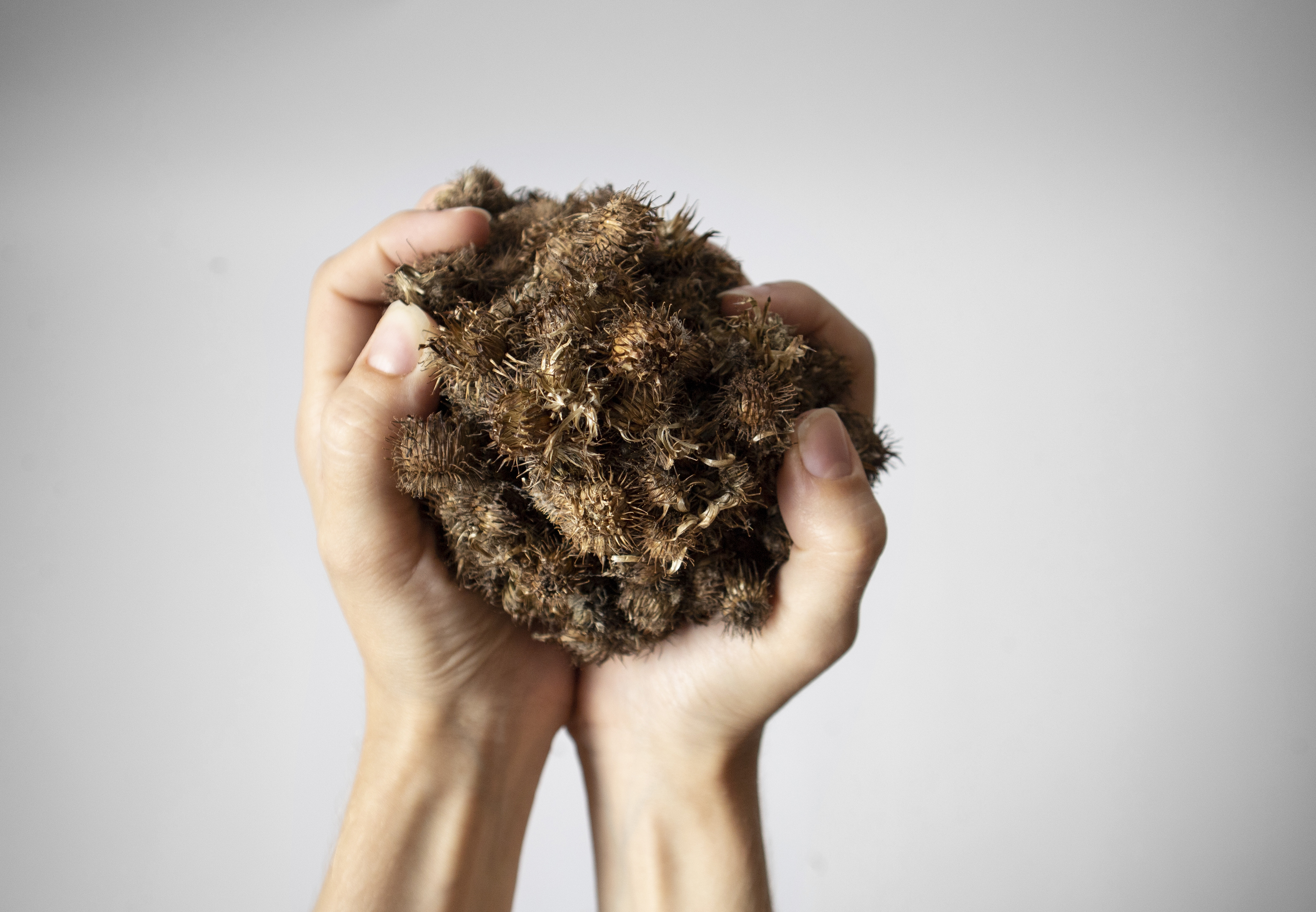
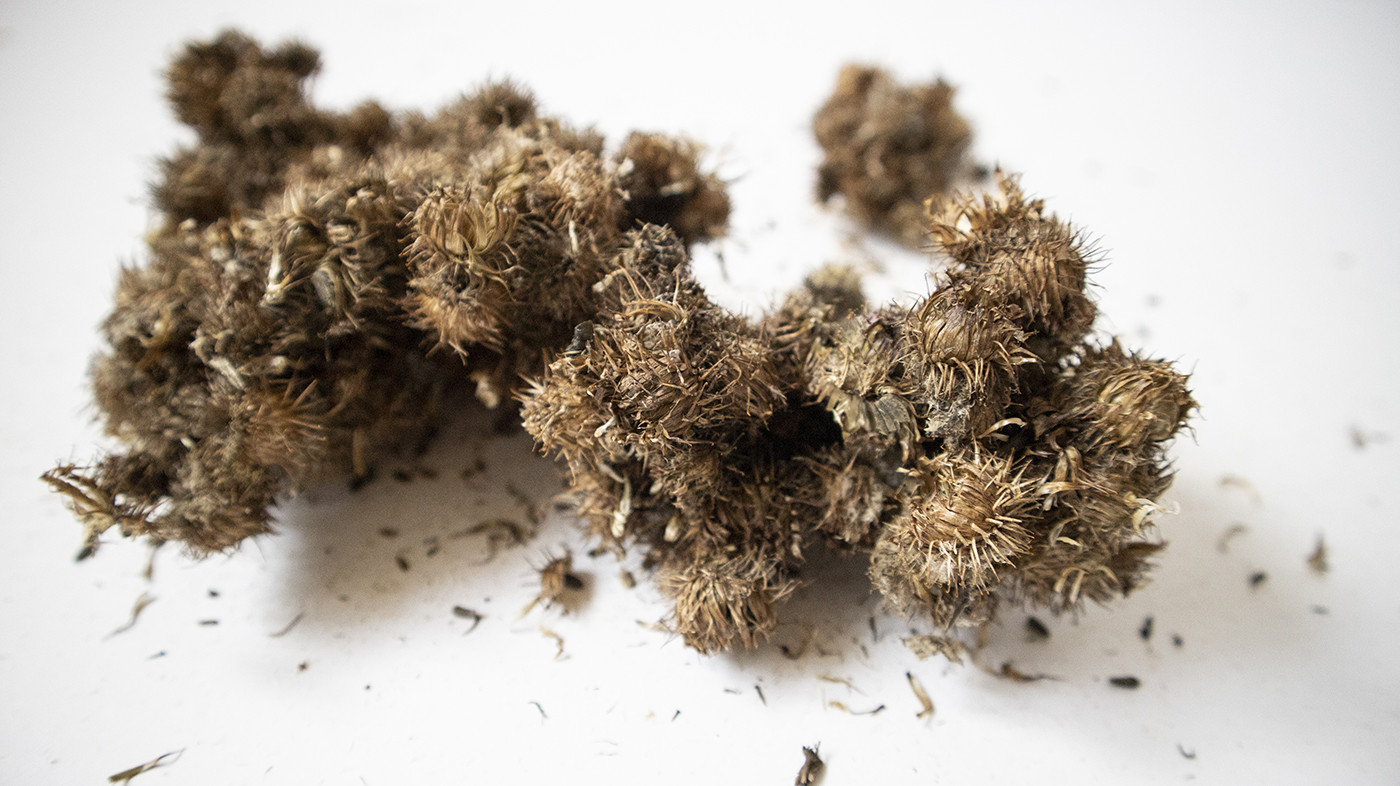
The main material is thistle / burdock - a common prickly weed, which is popularly attributed with strong negative properties, as one that is able to scare away the souls of the deceased and devils, is considered junk. Depending on the conditions of the exhibition space, the installation may have the character of a closed volume, or an object open in space. Its shape and dimensions will be specified depending on the location.
The installation consists of 160 kg of thistle, the main part of which is formed into a block 400 x 100 x 150 cm.
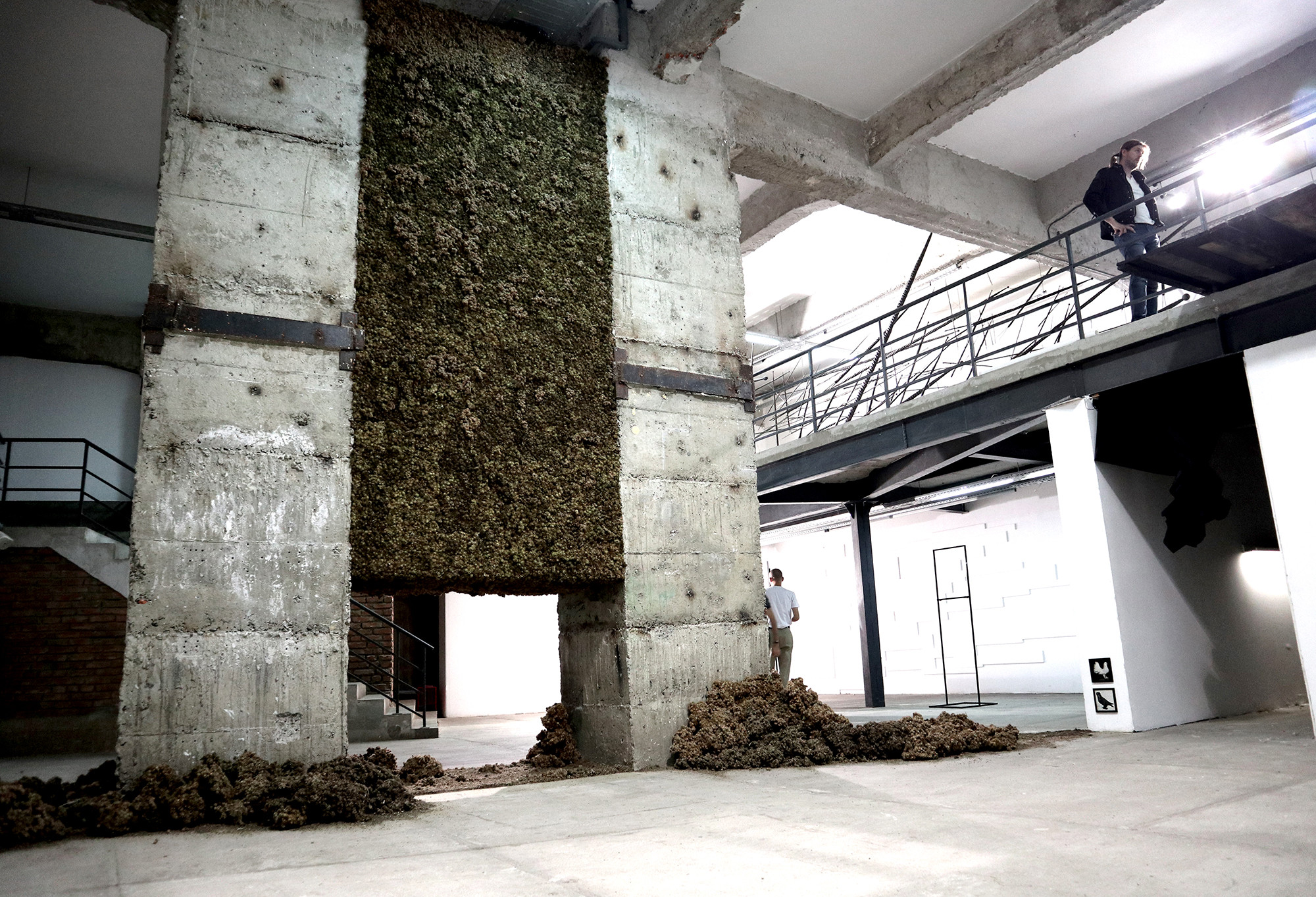
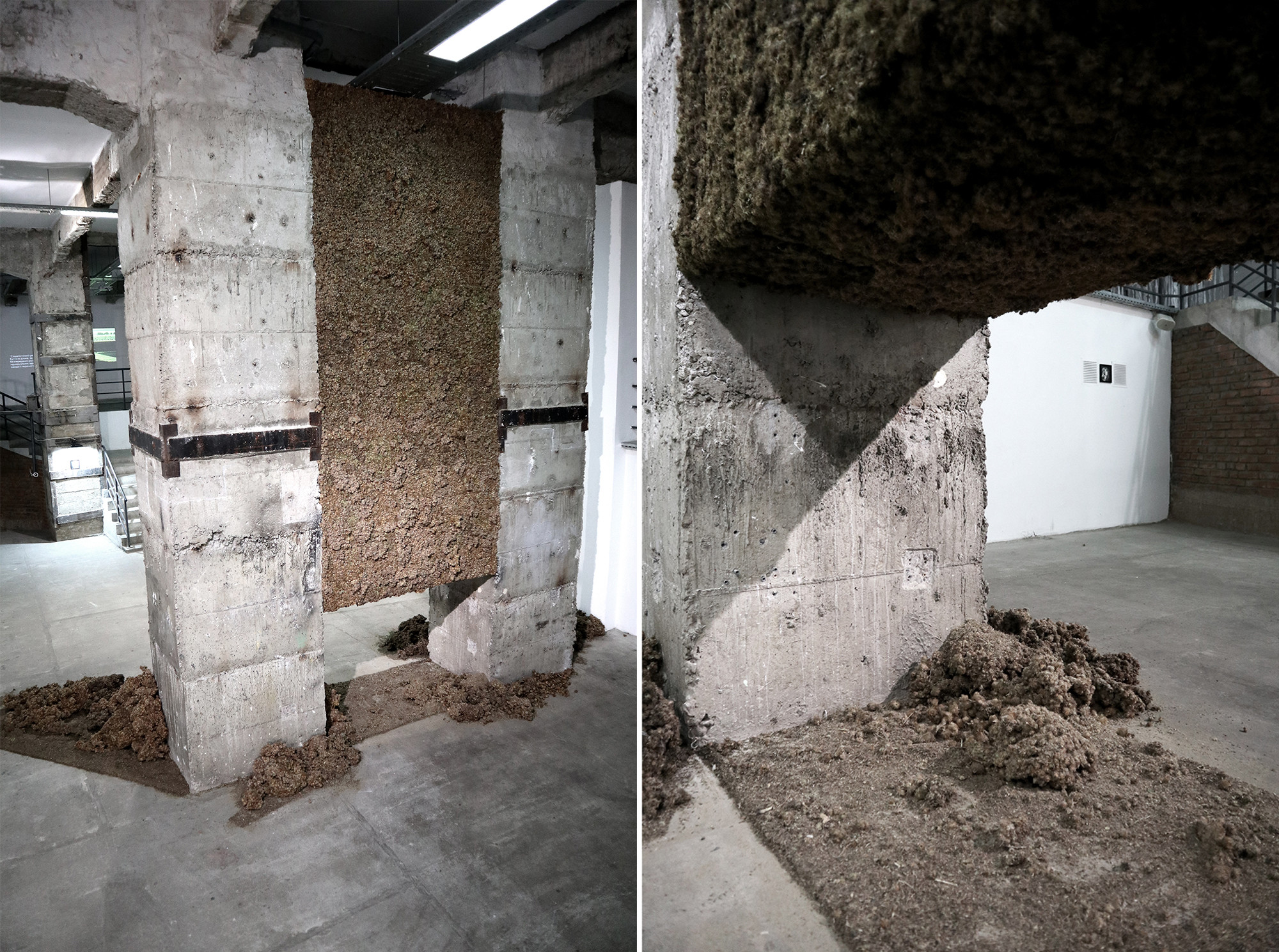
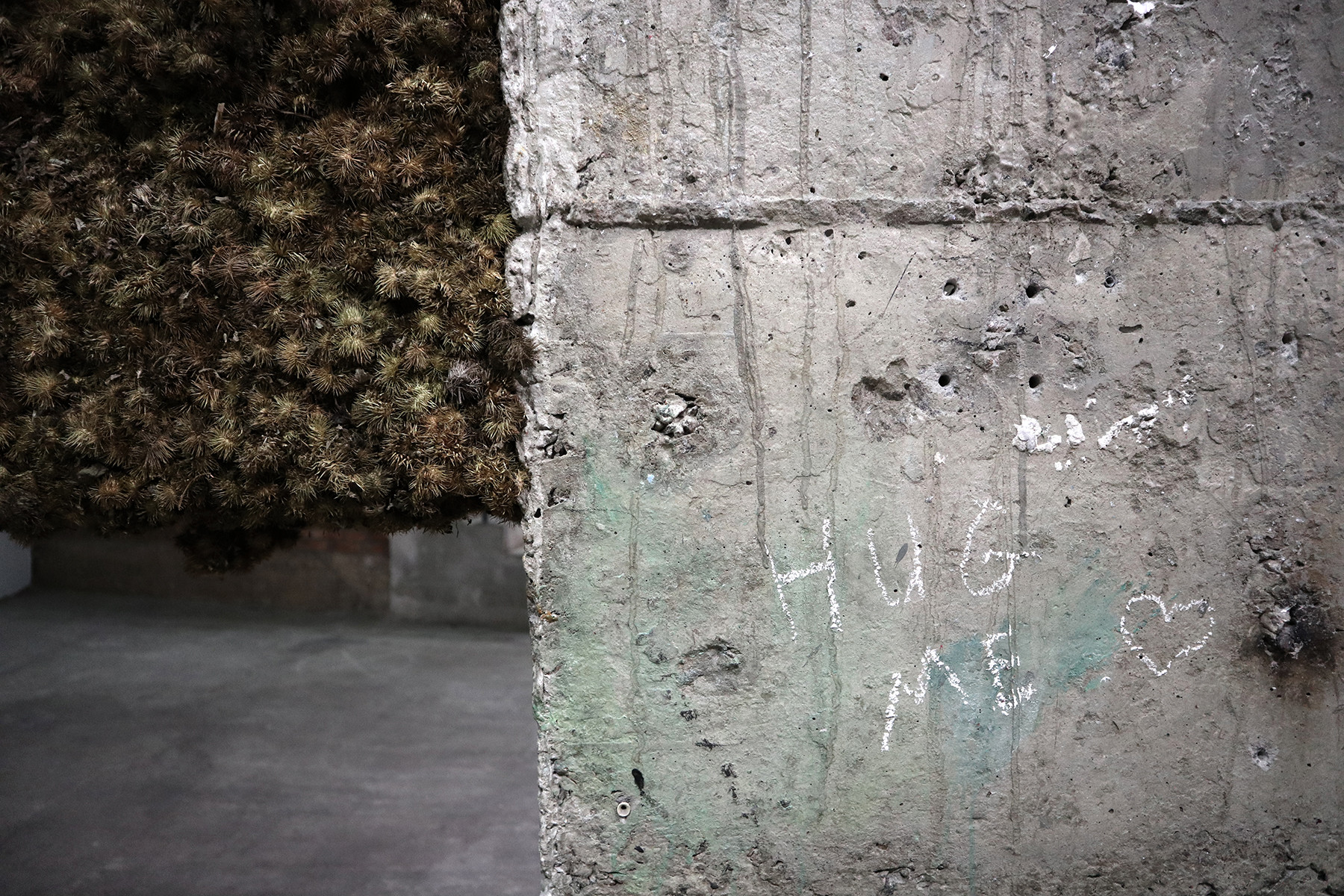
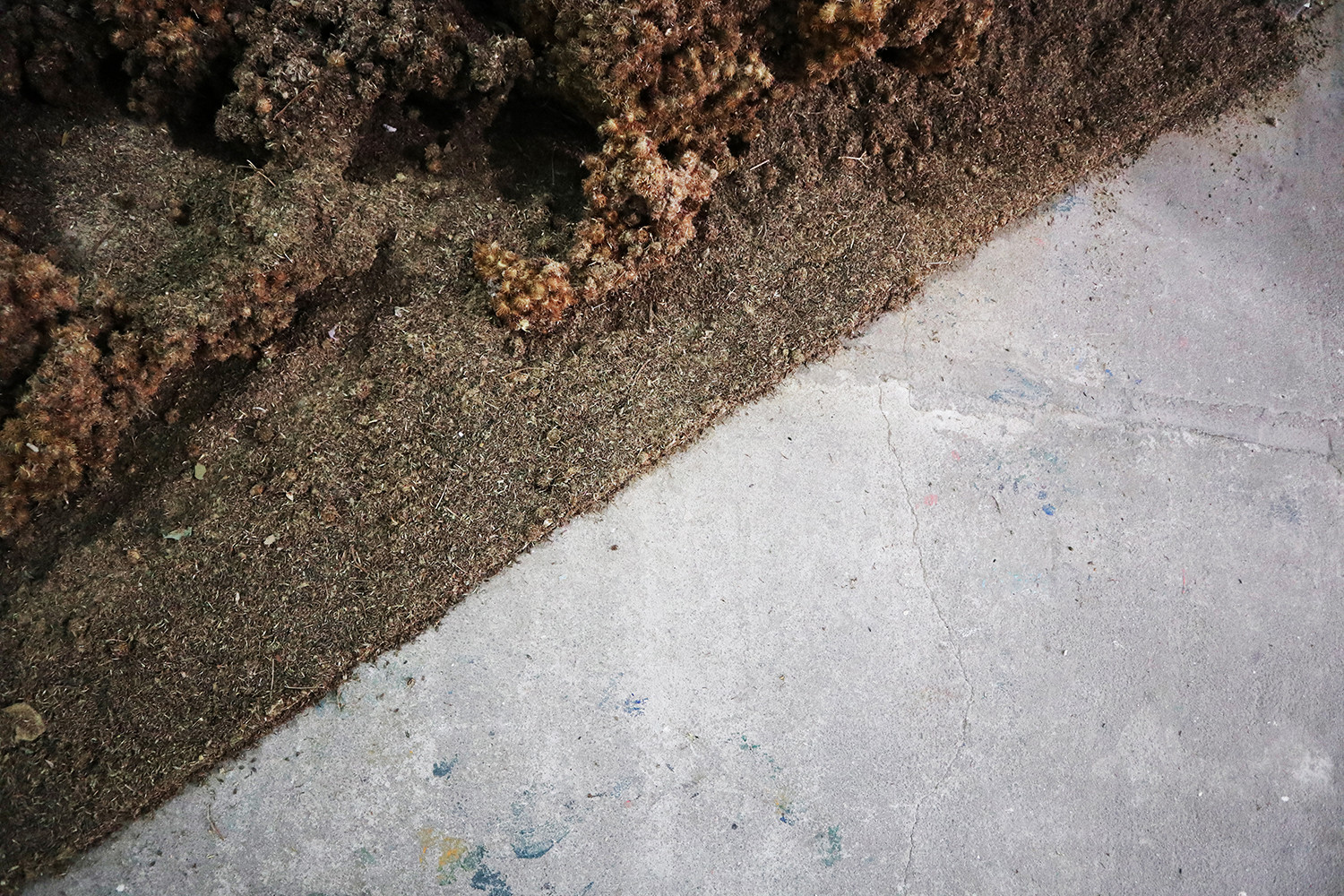
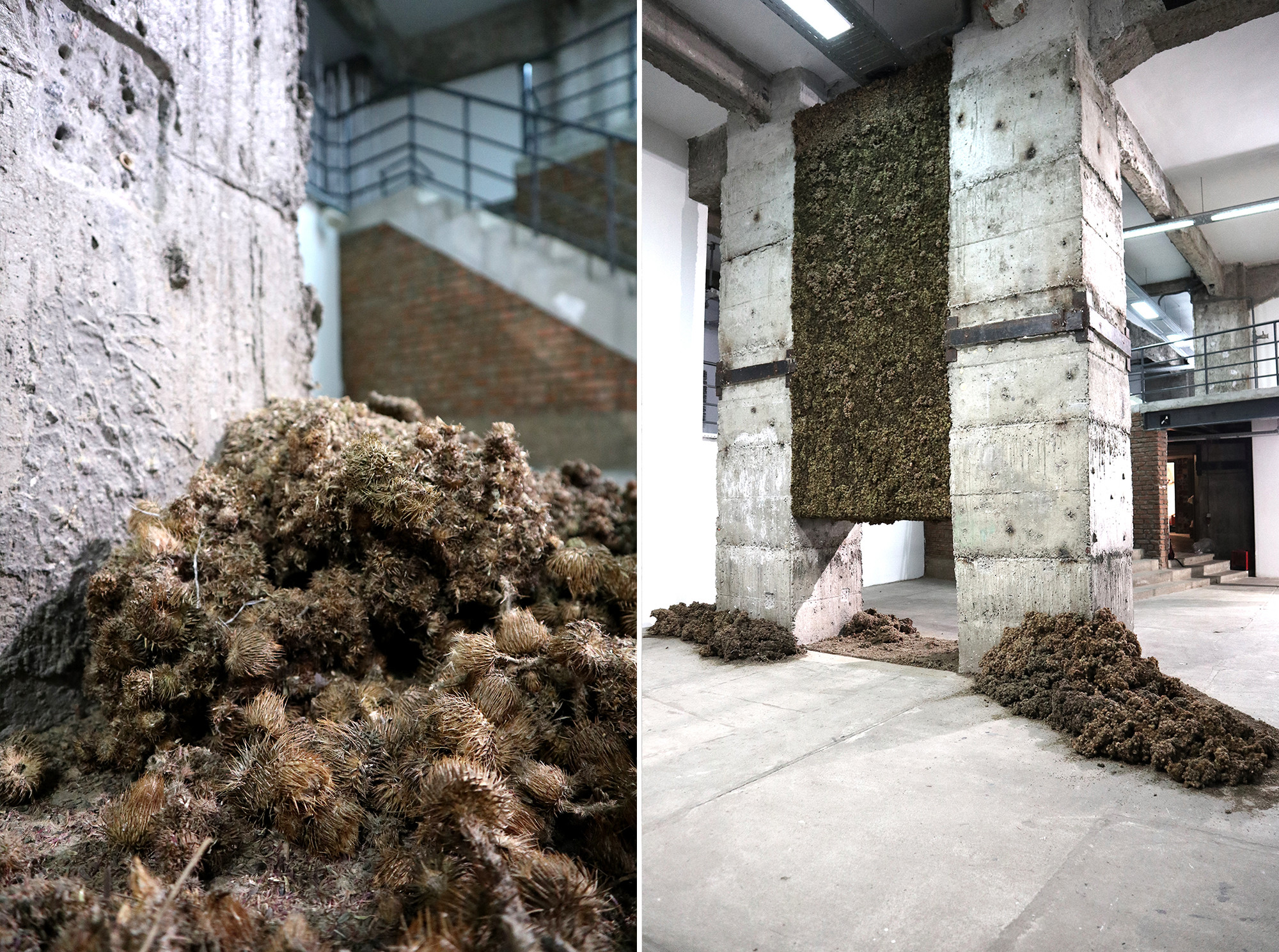
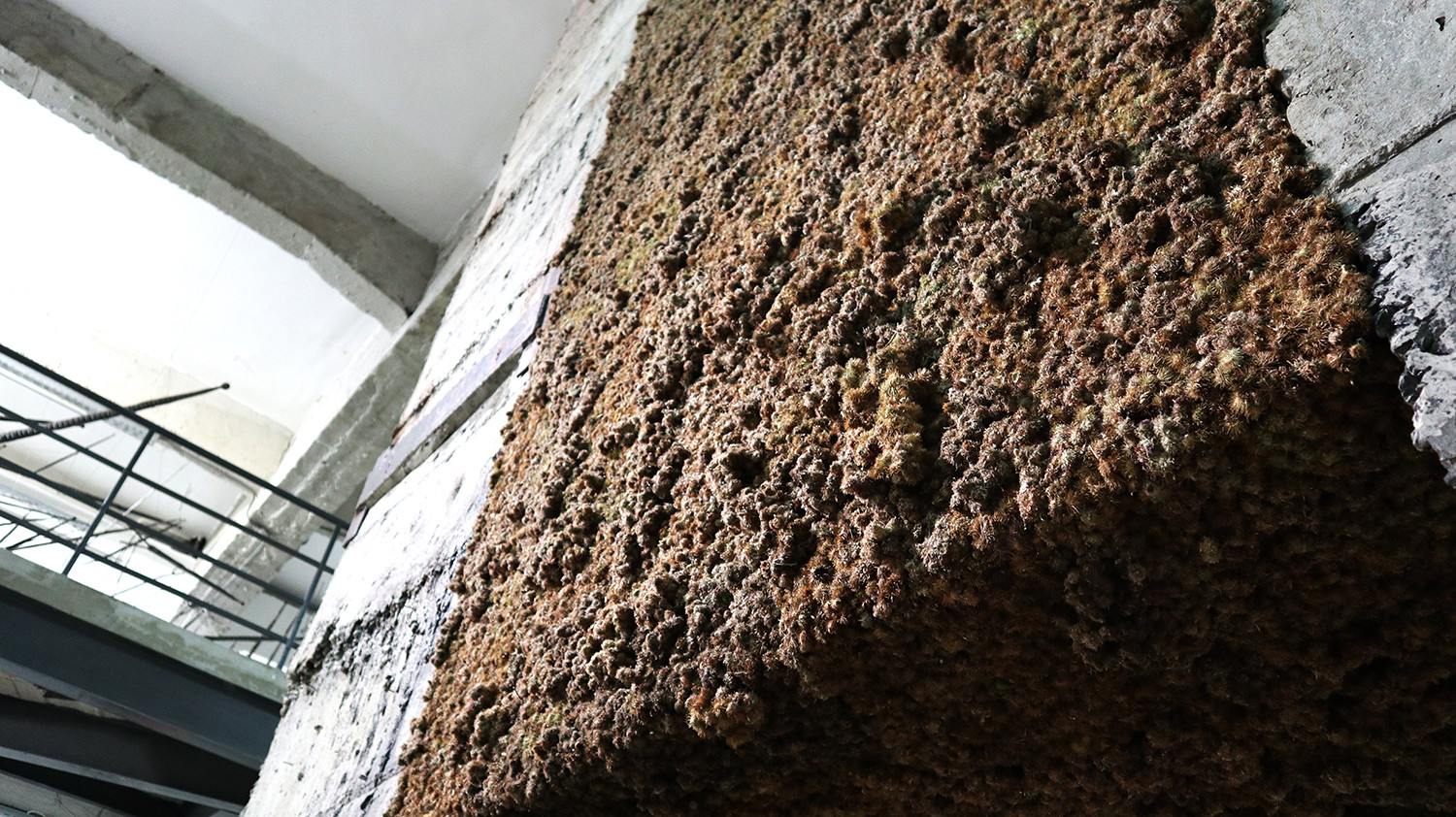
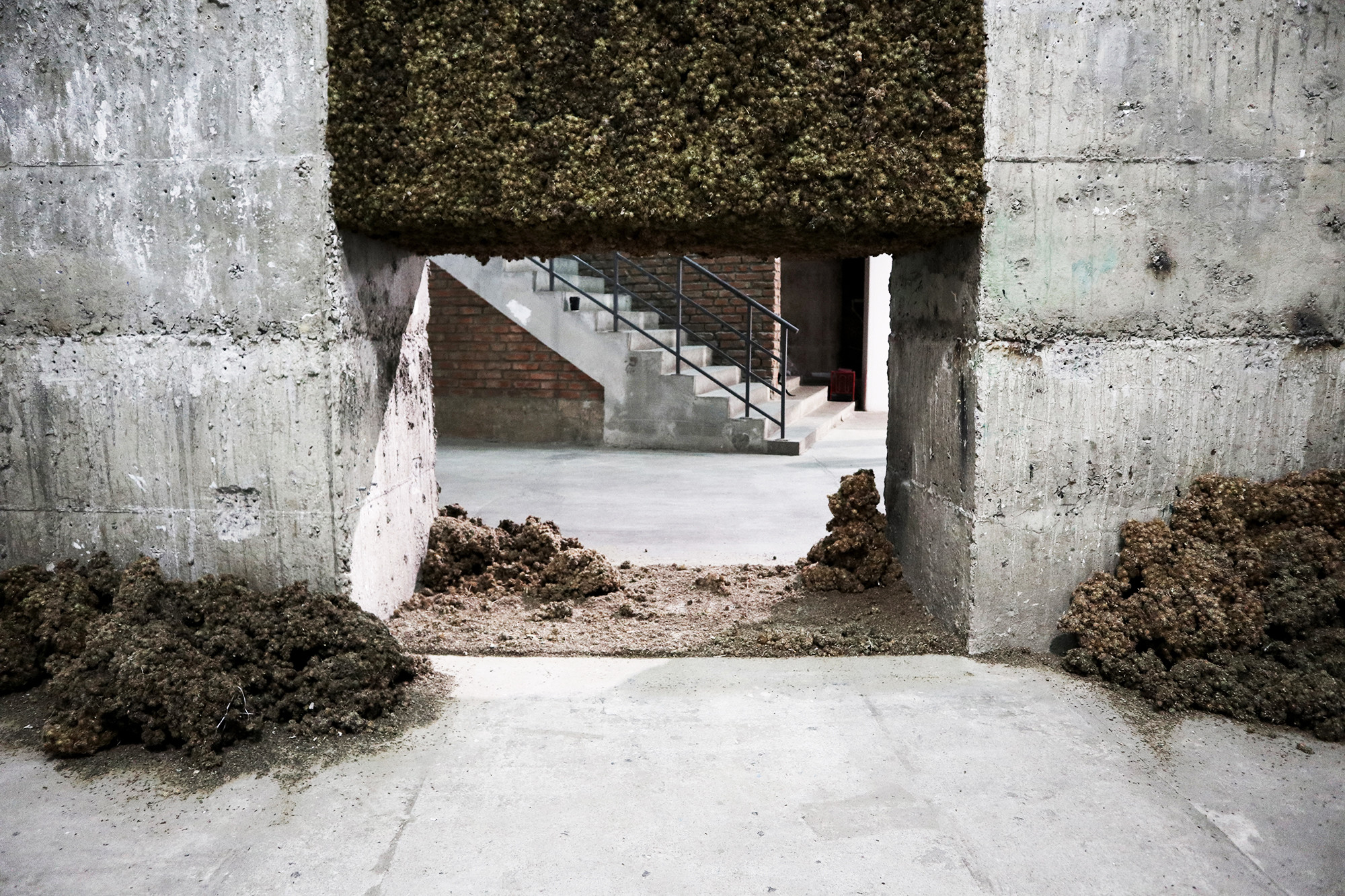
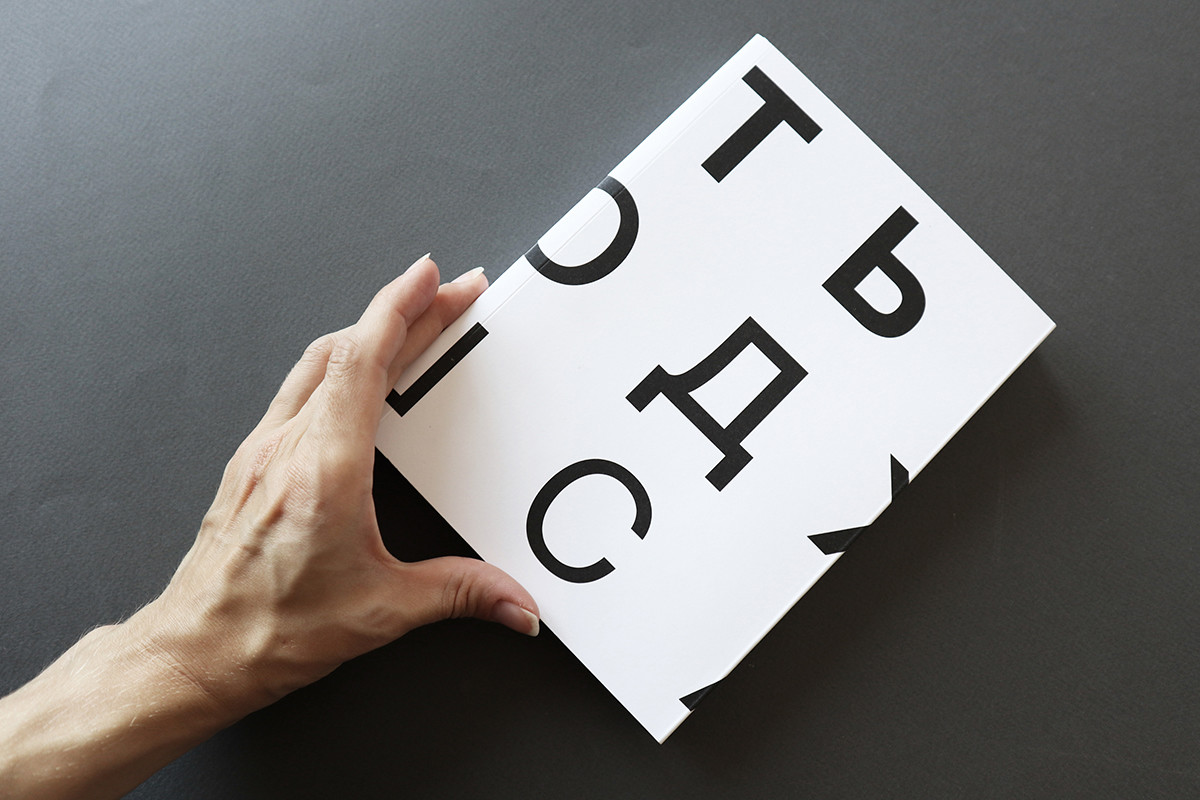
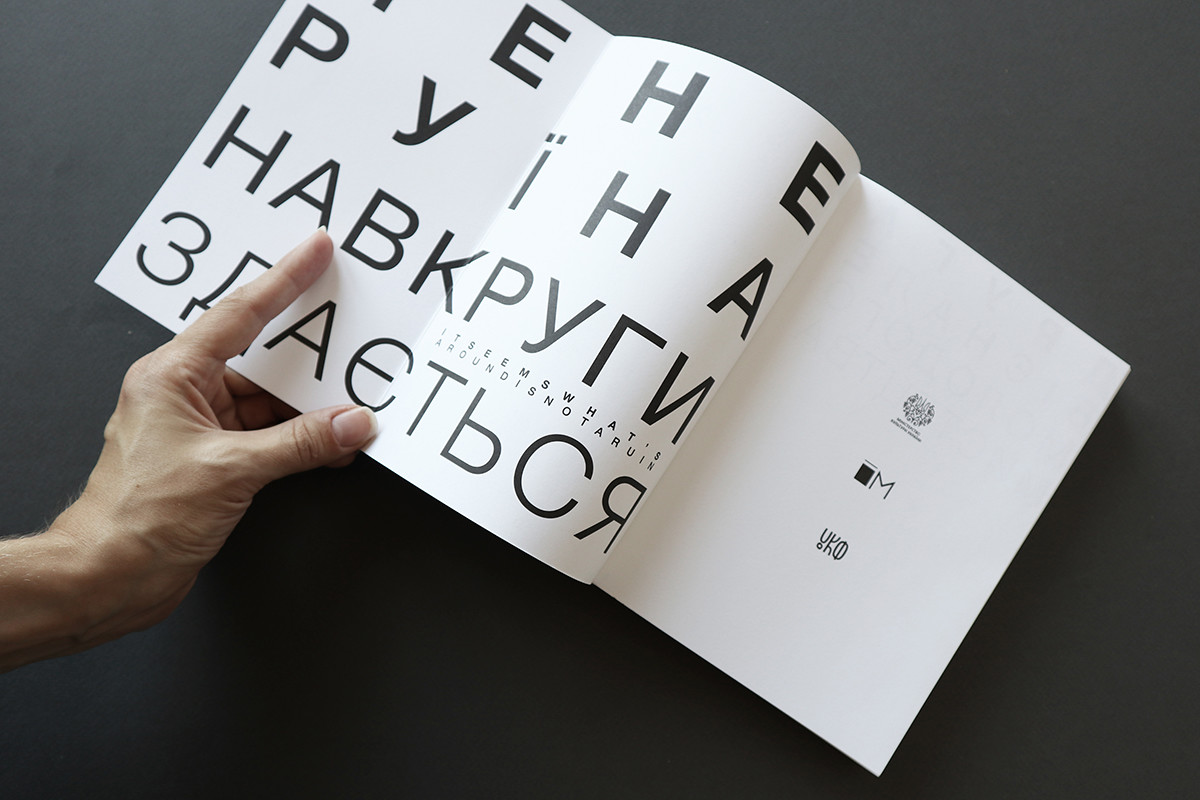
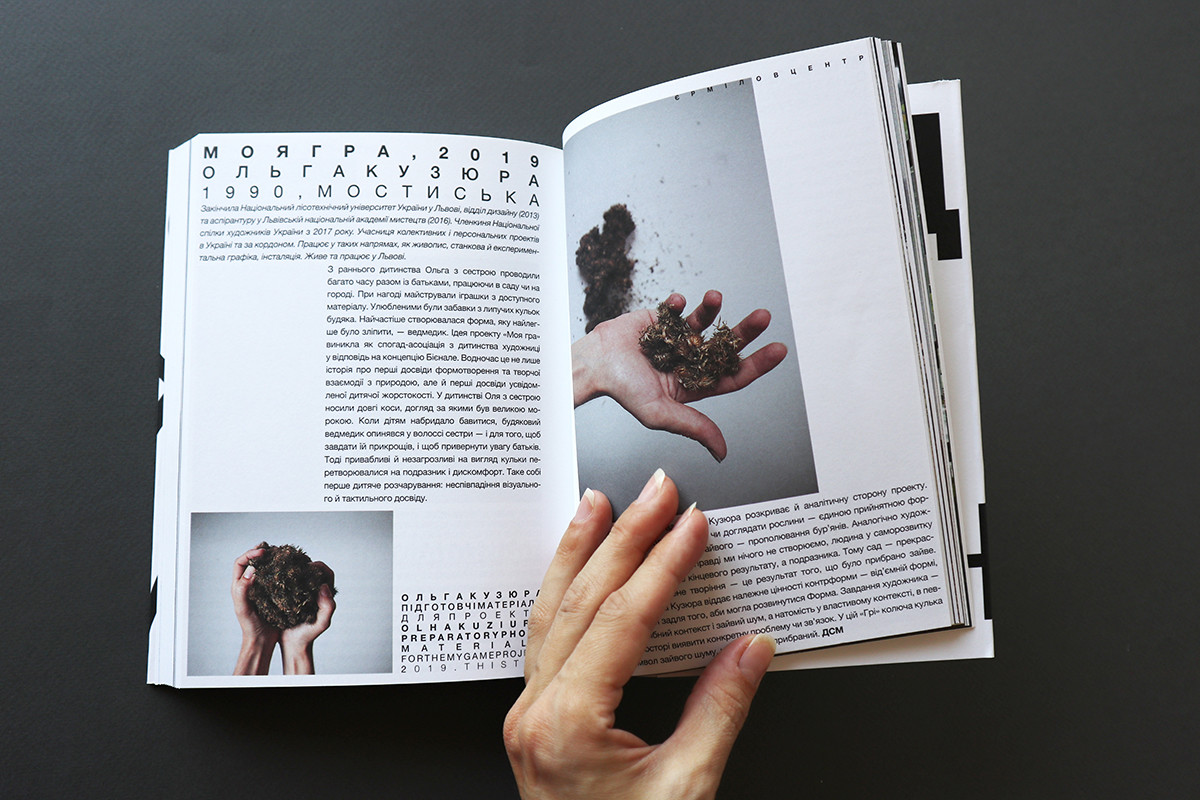

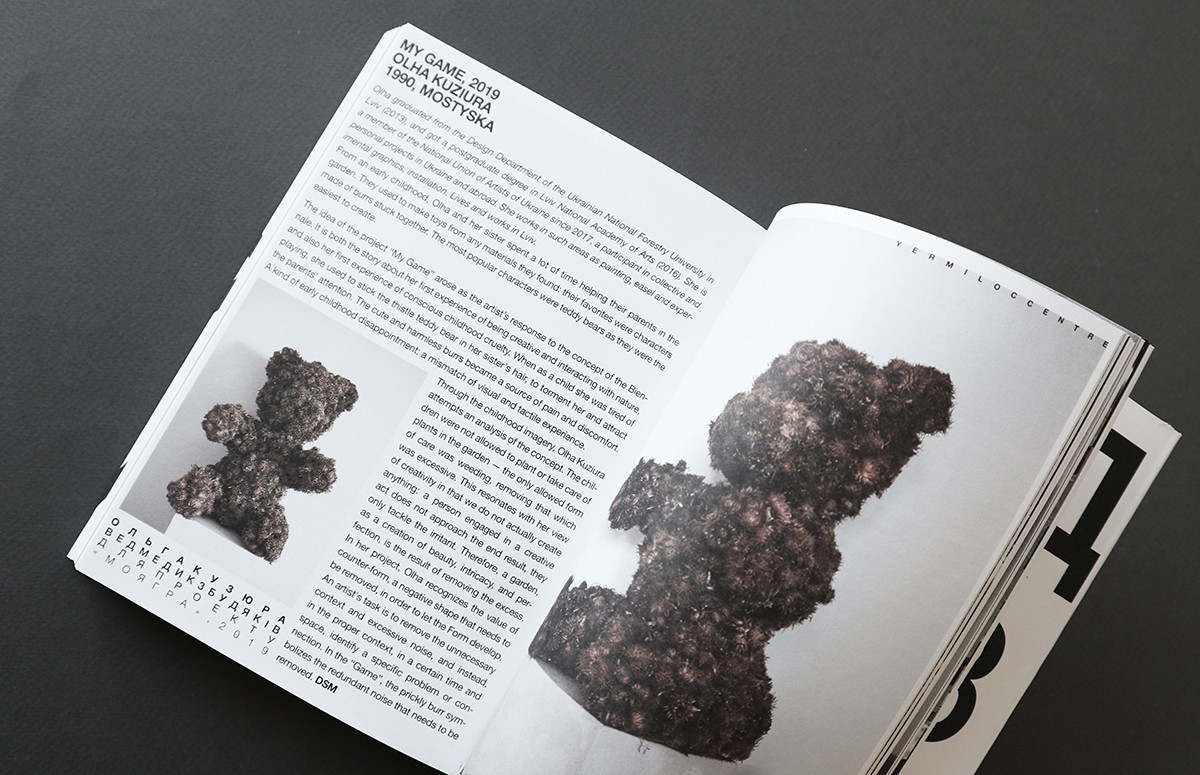
The project “My Game” is presented at the exhibition of the finalists of the MUXi 2021 competition. The thistle installation is transformed in the M17 space. Here, the weed has replaced most of the space for relaxation and comfortable viewing of the exhibition in the exhibition space. Such an intervention in the space revealed the seemingly obvious meaning of trust in it, as in the neutral and predictable. The prickly thistle is woven into the exhibition, as a technical element it has become part of a behavioral experiment.
The installation received one of the special prizes of MUXi 2021.
